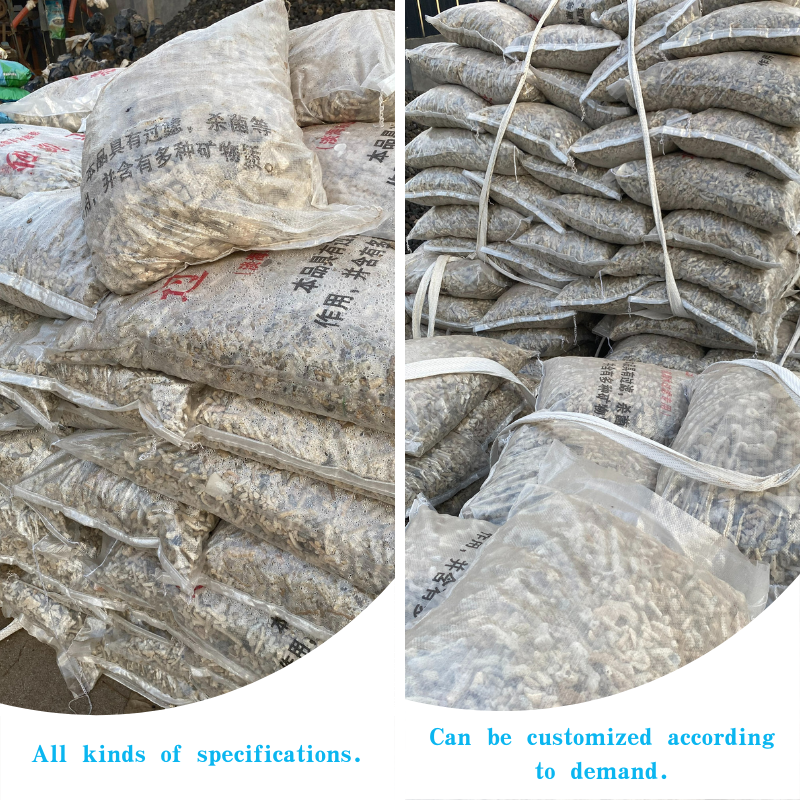
hydrated bentonite clay
Exploring Hydrated Bentonite Clay Properties, Applications, and Benefits
Hydrated bentonite clay, a natural mineral rich in montmorillonite, has gained significant attention in various industries due to its unique properties and diverse applications. Known for its high absorbent capacity and thixotropic nature, hydrated bentonite clay plays a crucial role in fields ranging from construction to cosmetics, and even environmental management.
Properties of Hydrated Bentonite Clay
One of the most remarkable characteristics of hydrated bentonite clay is its ability to retain moisture. This attribute makes it an effective substance for a wide range of applications. The clay is composed mainly of a type of volcanic ash that has weathered and transformed over time. Its high surface area allows it to absorb water and other liquids, swelling up to several times its original size. This swelling property contributes to its versatility and effectiveness in various formulations.
Moreover, hydrated bentonite clay has excellent ion-exchange properties. This means it can easily replace its ions with those in surrounding fluids. In practical terms, this makes it ideal for applications such as water purification, where it can attract and hold onto impurities or contaminants, effectively cleaning the water.
Applications of Hydrated Bentonite Clay
Hydrated bentonite clay is widely used across multiple sectors. In the construction industry, it is often utilized as a sealant. Its impermeable nature allows it to be used in the lining of landfills and reservoirs, effectively preventing leakage and contamination of groundwater. Additionally, the clay’s adhesive properties can be harnessed in the formulation of cement and lightweight building materials.
hydrated bentonite clay

In the health and beauty sector, hydrated bentonite clay has been embraced for its detoxifying and therapeutic benefits. It is commonly found in skin care products due to its ability to absorb excess oil, dirt, and toxins. Face masks made with bentonite clay can help clear blemishes and enhance skin clarity. Furthermore, the clay is sometimes ingested as a dietary supplement, claimed to assist with detoxification and digestive health.
Another noteworthy application of hydrated bentonite clay is in the drilling industry. It is commonly used as a drilling mud, where its properties help to stabilize boreholes, cool drilling bits, and transport debris to the surface. The clay’s performance in this capacity is crucial for efficient and safe drilling operations.
Environmental Benefits
The environmental benefits of hydrated bentonite clay cannot be overstated. Its natural composition allows for environmentally friendly applications, especially in waste management. The clay’s ability to absorb heavy metals and organic pollutants makes it a valuable resource for environmental remediation projects. Its effectiveness in land reclamation and erosion control further emphasizes its role as a sustainable material.
Furthermore, hydrated bentonite clay is an essential component of various filtration systems, helping to purify water not only in industrial settings but also in residential applications. Its natural properties eliminate the need for harsh chemicals, making it a preferred choice for eco-conscious consumers.
Conclusion
In conclusion, hydrated bentonite clay is a multifaceted natural resource with a wide array of applications across different industries. Its unique properties, including high absorbency, ion-exchange capabilities, and environmental benefits, contribute to its popularity. From construction to health and environmental management, hydrated bentonite clay continues to prove itself as an invaluable material, supporting sustainable practices and innovative solutions. As research progresses and new uses are discovered, it is likely that the significance of hydrated bentonite clay will only continue to grow in the future.
Share
-
Premium Resin Coated Sand - High Heat Resistance CastingNewsJul.31,2025
-
High Quality Silicon Carbide Grit for Abrasive ApplicationsNewsJul.30,2025
-
High-Quality Ceramsite for Plants & Gardening | Lightweight PebblesNewsJul.29,2025
-
Premium Burgundy Glass Marbles for Vases & Shooter GamesNewsJul.29,2025
-
High Purity Quartz Sand for Industrial and Ground ApplicationsNewsJul.29,2025
-
High-Quality Barite Powder for Drilling & Industrial UseNewsJul.29,2025






